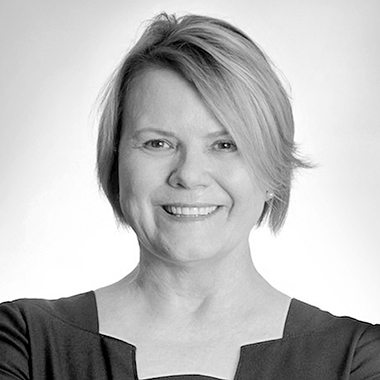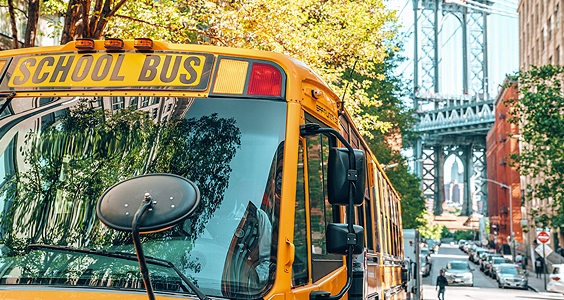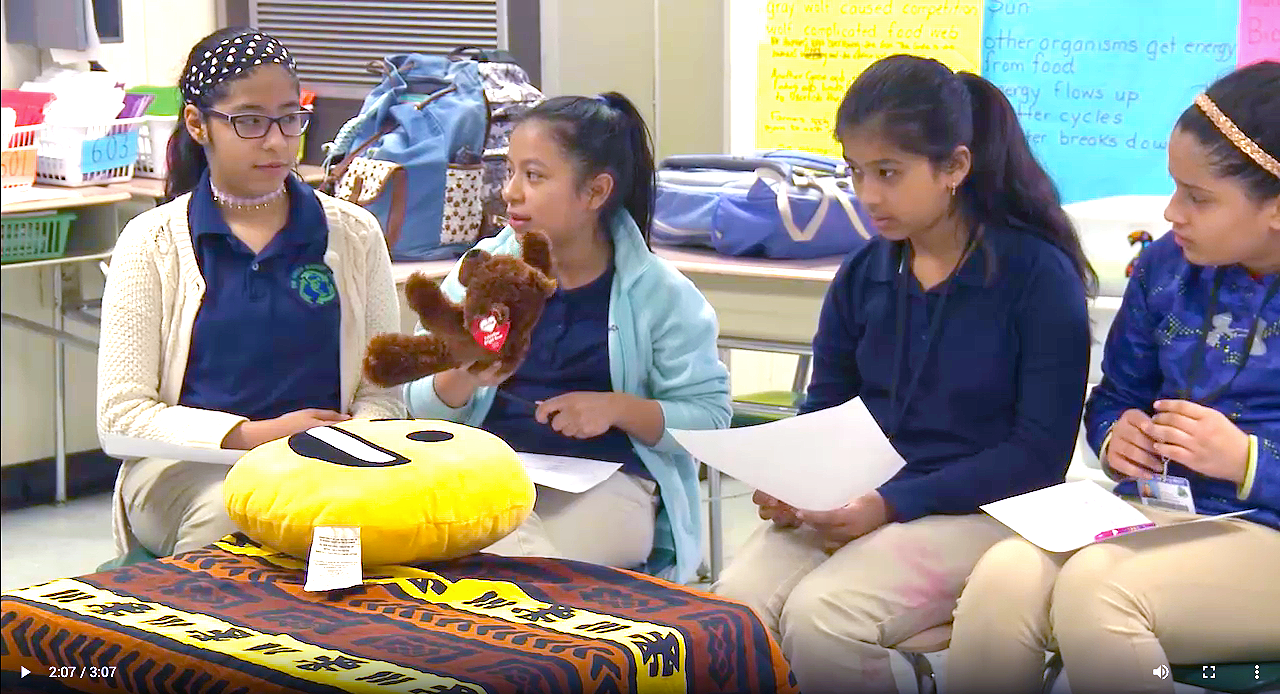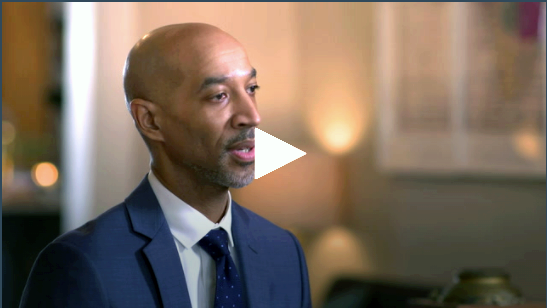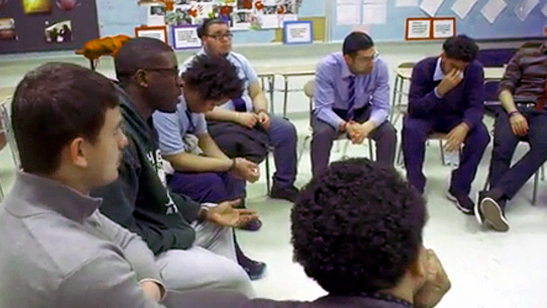Building Trust in Trying Times
Observations from Tammie Workman, Educator in Chief for Connect with Kids Network and Consulting Producer on the documentary Defining US, slated for early 2022 release.
Is it a surprise to anyone these days that the latest OECD study across major cities in 11 countries found that Social Emotional Skills (SEL) play a crucial role in academic performance? As noted in Education Week’s brief this week:
The OECD found curiosity and persistence were the strongest predictors of academic success in both math and reading for both children and teenagers, but other skills played important roles. For example, creativity was more closely connected with math progress than art progress for teenagers.
Many of us in the education space who have worked in schools or systems where SEL is prioritized can typically speak to the benefits of fostering SEL competency building in students (and adults). There is no downside to ensuring our students can problem solve, manage conflicts with their peers, work in groups, show empathy, learn good work habits, and develop healthy relationships. We know these and similar skills are necessary to meet the demands of rigorous curriculum and an increasingly complex and diverse society. Want to do your best in school and beyond? You really need the range of SEL competencies to help guide and support you in school, work, and life. Aspen SEAD finalized a seminal 2019 report Nation at Hope and experts across many fields of study all came to the same basic conclusion as OECD. Social Emotional Learning, or rather, Social Emotional Academic Development is a necessity and not a luxury schools or can shelve. Especially now as students are back in school and still dealing with so much in their daily lives on a local, national, even global level.
Further findings in the OECD report according to Education Week:
Surveys from students, teachers, and parents all showed lower social skills among teenagers, above and beyond normal adolescent self-consciousness. The skills gap was particularly large for things like optimism, trust, energy and sociability, and the OECD found girls had bigger drops than boys across most of the skills.
Building Trust Through Restorative Practices, Dr. Kenyatta Reid
We as a country still have a long way to go in ensuring students receive full-on social emotional learning supports, especially in the all-important adolescent years. But there are systems going all in. The New York Department of Education, America’s largest school system, has embraced effective SEL practices across their 5 boroughs, including a promising Restorative Practices initiative aimed at building community, understanding, and relationships for the students they serve and the adults who work with them. This approach, as described by Executive Director of the NYC Schools Office of Safety and Youth Development Kenyatte Reid in the attached video, is rooted in the reality that “multitudes of communities have never had a trusting relationship with American society” and that our schools are a reflection of that larger community. His advice that we must acknowledge this lack of trust, must “sit with it” to better listen to each other so that we may heal, is a timely message and I believe an approach for us all as we work toward building, across all American communities, what was never there.

